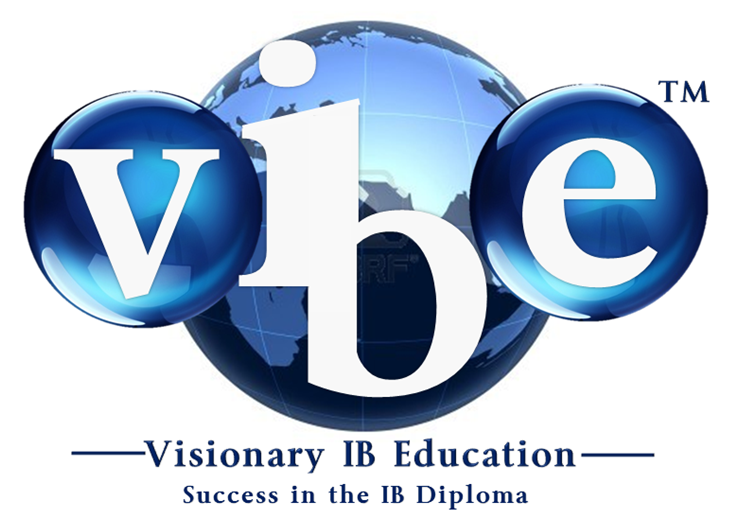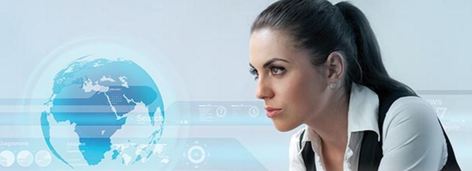IB ECONOMICS
|
|
International Economics IN the IB DIPLOMA
|
The IB Economics International Economics section covers the following topics:
|
IB International Economics
So far, the IB Economics course has been focused on economies that are ‘closed’ and don’t have any economic transactions with the rest of the world. However, we live in the real world, and even the ‘Hermit Kingdom’ – North Korea – has substantial interact with its neighbours. All countries have economic ties and links with other countries. These linkages concern flows of exported and imported goods and services, resources such as labour and capital, and payment flows between households (a Romanian farm worker in the UK and his remittances back home), households and businesses (a UK shopper purchasing from Amazon in the US), and business to business (Toyota being supplied with components by a Taiwanese firm). In today’s world these international economic links are strong and growing stronger every time a trade deal is signed, a business begins exporting or another Pakistani begins working in Dubai, an emirate where an astonishing 85 percent of its population are immigrants.
International Economics in the IB Economics course concerns itself with these international economic linkages. In IB Economics trade theory some important questions are explored. Why do countries trade with each other? How is trade beneficial? International trade policies are examined, and the reasons why many countries use policies to attempt to inhibit, restrict and block the flow of international trade. The consequences of barriers to trade that restrict trade are examined in this section. |
International IB Economics examines the flows of international payments, and determine how countries can and do measure these payment flows. Problems arise when there are large and persistent imbalances in these flows, such as Germany’s large trade surpluses, and Venezuela’s trade deficits with the rest of the world. Are there policies a government can implement to rectify these imbalances?
Events in domestic and international economies are strongly interconnected, and because of such interconnectedness, often countries cannot attempt to correct a domestic economic problem by implementing economic policies without considering the effects this may have on other countries. In IB Economics, we will see that international economic relations must often be considered in government economic policy development and implementation. Much in this section of the course builds on what has come before it in the IB Economics course – many microeconomic and macroeconomic principles form the foundation of International Economics. Content covered in Sections 1 and 2 of the IB Economics course is referred to extensively in Section 3. Although building on the principle of microeconomics and macroeconomics, new theories, models and tools are developed. This is because the economic relationship between countries are, in some respects, different to that of economic relationships within a country. |
International Trade
|
World Trade
|



